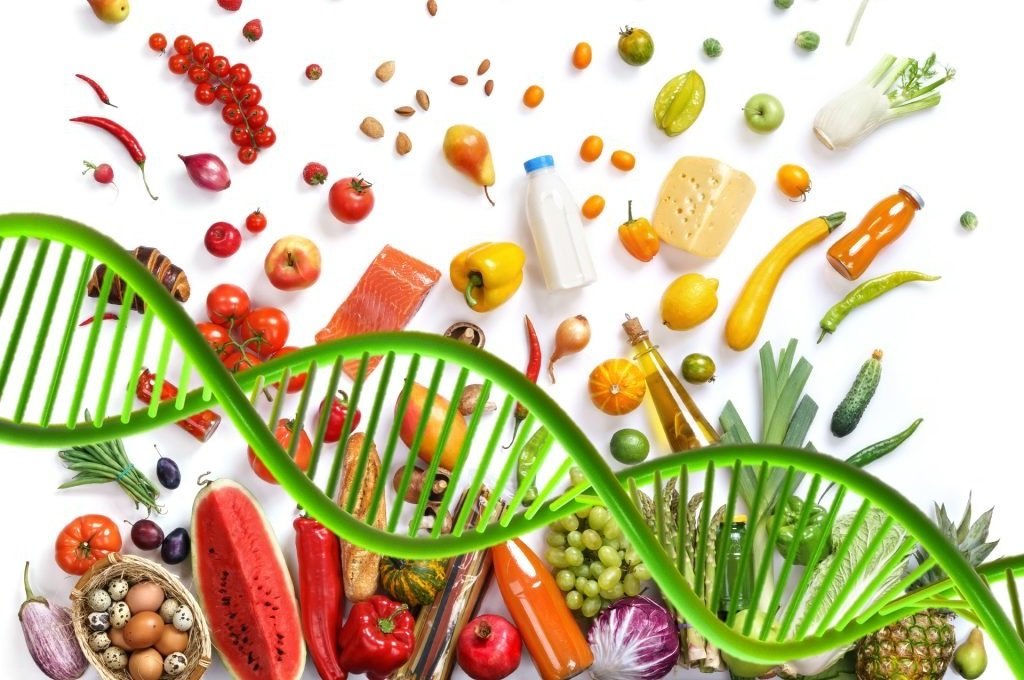The Mind-Blowing Secrets of Nutrigenomics
Discover how nutrigenomics can help you personalize your diet based on your unique genetic makeup, optimizing your health and wellness.
Imagine a world where a simple genetic test could guide your dietary choices, reducing the risk of developing chronic diseases such as obesity, diabetes, and heart disease. Nutrigenomics and nutrigenetics hold the promise of this reality, offering a future where nutrition is not just general advice but a precise, personalised healthcare strategy.
In the quest for optimal health and wellness, the fields of nutrigenomics and nutrigenetics have emerged as revolutionary sciences that promise to transform our understanding of the intricate relationship between our genes, diet, and nutrition's role in health. These concepts are not new and were first introduced in the early 2000s. They represent an innovative approach to nutritional research and the future of personalised nutrition and healthcare.
It's the key to unlocking personalised nutrition, where dietary advice can be as unique as a fingerprint.
Nutrigenomics explores how the foods we eat interact with our genes to affect our health. It's a science that looks at nutrition at the molecular level and seeks to understand how different nutrients can turn genes on or off. This field has seen a sharp increase in research, highlighting its potential impact on treating and preventing noncommunicable diseases.
While nutrigenomics looks at how nutrients influence gene expression, nutrigenetics focuses on how our genetic variations affect our response to nutrients. This branch of science examines individual genetic differences that influence nutrient absorption, metabolism, and the overall dietary response. The bi-directional relationship is proposed as complementary, providing a holistic approach to understanding the complexity of exposure factors as well as intrinsic responses.
In the field of sports, nutrigenomics and nutrigenetics are being used to optimise health, body composition, and exercise performance by targeting dietary recommendations to an individual's genetic profile. Genetic differences impact absorption, metabolism, uptake, utilisation, and excretion of nutrients and food bio actives, which ultimately affects a number of metabolic pathways.
Despite its potential, several challenges face the implementation of nutrigenomics in healthcare. These include the need for more research to understand the complex interactions between genes and diet, and the development of guidelines for evaluating and implementing nutrigenetic findings in a clinical setting.
However, with the advancement of AI and other technologies, we can accelerate the discovery and validation of functional food ingredients that have a scientifically backed influence on human health and disease.
Nutrigenomics is poised to play a critical role in the future of personalised nutrition. It offers a new perspective on the complex interplay between our genes and diet leading to not only treating diseases more effectively but also promoting health and wellness through both basic and clinical research.
References
Cole JB and Gabbianelli R (2022) Editorial: Recent advances in nutrigenomics: Making strides towards precision nutrition. Front.
Guest NS, Horne J, Vanderhout SM and El-Sohemy A (2019) Sport Nutrigenomics: Personalized Nutrition for Athletic Performance. Front. Nutr. doi: 10.3389/fnut.2019.00008
Salama, M. (2022) Nutrigenomics: A Broader Concept. (eds) Nutrigenomics and the Brain. Nutritional Neurosciences. Springer, Singapore. https://doi.org/10.1007/978-981-16-9205-5_1
Marcum, J.A. (2020) Nutrigenetics/Nutrigenomics, Personalized Nutrition, and Precision Healthcare. Curr Nutr Rep 9, 338–345 https://doi.org/10.1007/s13668-020-00327-z


